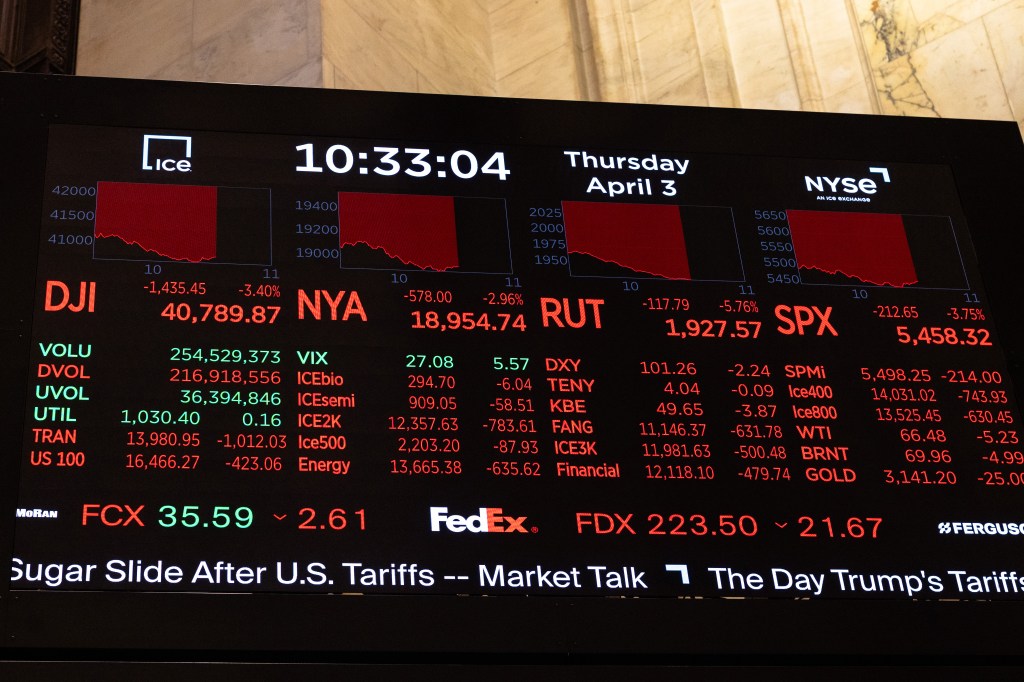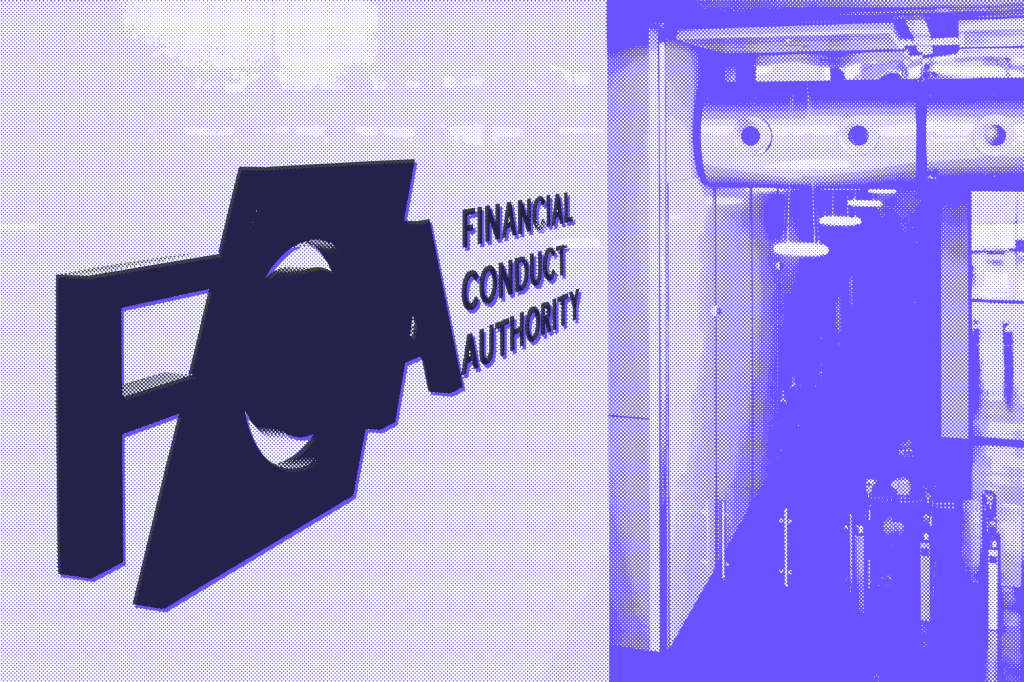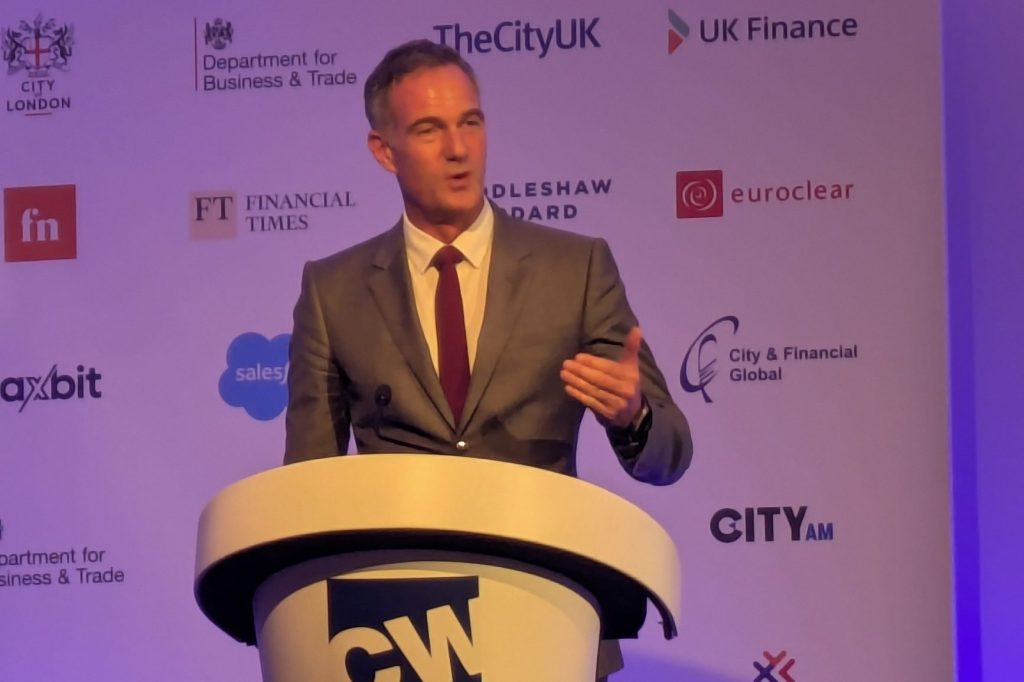It’s said all good fashions are circular – both in terms of sustainability and in time. After all, it’s 2022 and flares are back in fashion. Again.
There’s an innate human tendency to reference the past when trying to define the future. The past teaches us what’s worked and what hasn’t, but it’s often contextualized in the time those decisions were made.
Time moves us on so decisions about the future should reference changes that happened culturally, socially, environmentally and politically. Things that have worked historically aren’t guaranteed to work in a more modern and fast-paced world. That doesn’t mean the principles associated with what might have worked and what once was good become redundant. It means caution must be heeded when referencing the past as a solution for the future.
This is especially important when thinking about the role of business; what it does, how it does it and for whom. Amid the current conversations around taxation, workers’ rights, net zero and diversity to name a few, there’s a key subject missing that’s not being thought about by the majority: purpose and corporate governance.
It certainly feels like purpose is the new brand supercharger. That said, if you look behind the rhetoric, it’s not always evident how this purpose is playing out, not just through core policy and process, but in terms of core company constitution. Oxford University and Ernst & Young found that public dialogue on purpose increased five-fold between 1995 and 2016, but is there enough tangible evidence of this purpose?
Purpose and value goes hand in hand
More evidence showing the link between purpose and value, in terms of consumer preference and financial performance, is coming into the market. A 2020 study showed that consumers were four times more likely to purchase from the company, six times more likely to protect the company in the event of a misstep or public criticism, 4.5 times more likely to champion the company and recommend it to friends and family, and 4.1 times more likely to trust the company if there was a clearly articulated purpose.
Research conducted by B Lab UK (the organisation that oversees the mission-driven B Corporation membership) showed the average year-on-year growth across the 150 UK businesses signed up to B Corp, a global network of sustainable companies, was 14% in 2017. That’s compared with 0.5% growth in GDP at the start of 2018. Where the Friedman doctrine once prevailed, it seems that new occasions do teach new duties.
If having a clearly defined sense of purpose in a business creates value, as an investor, how do you look for evidence of purpose? Investigate core governance. As an impact wealth manager, our investment philosophy hinges on identifying value driven businesses to invest in. We therefore need to interrogate a variety of corporate governance elements;
- Directors’ duties and how they’re managed and recompensed. We look at how they’re tied to the long-term success of the business recognising the increasing social and environmental externalities as well as the costs and risks they present to society, and therefore the business. We want to understand how much the business has contributed to those challenges. Or in Tribe’s case, the solutions these businesses have to those challenges.
- Policies and processes that manage all stakeholders’ needs and concerns, not just those of the shareholders. We look for evidence of a shift from shareholder primacy to stakeholder alignment using engagement with stakeholders as a key filter. We also look for diversity of thought to ensure that within the business there is representation from the multiplicity of voices within our communities.
- Advocacy, as well as lobbying, to get a sense of the consistency in message versus action on issues that affect the business.
Prepared for future challenges
An approach to interrogating corporate governance should go beyond ESG and focus on the future direction and strategy of the business as much as past and current performance. This includes understanding the willingness of a business to engage with a broader conversation around improving future business activities using formalised purpose. Important aspects to investigate include the resilience of core governance to the changes happening socially and environmentally; does the business have the capacity to adapt to those changes or will it struggle? Who are the other shareholders and do they understand the imperative to ‘future fit’ core governance?
Agility and resilience are increasingly becoming two of the most sought-after attributes in business. The size and range of social, environmental and economic issues businesses face, and are creating, is unprecedented in human history. Looking to the past may not be appropriate for a range of the issues we currently face, but history has a way of reaffirming approaches and solutions that have worked then and can work again: none more so than in corporate governance.
“Business has a soul, it is not a mechanical thing but a living and worthy part of the social organism. It is not an end in itself, but a means to an end and that end is the wellbeing of the whole community.”
Benjamin Seebohm Rowntree
The rise of the co-operative movement in the late nineteenth century in the UK has, in part, been translated into the modern day movement of the B Corporations, the benefit corporations and the ‘Enterprise à Mission’. There are also social enterprises and community interest companies. These are great examples of businesses that have adopted a different operating system that affords them the bandwidth to have the conversation with society, and respond. What once was good can still be good, once modernised.
Whether through changes to company law (like the proposed Better Business Act), fiduciary duty (reducing the short-term actions of more predatory forces in finance) or changes in advocated principles of corporate governance outlined by political unions (like the EU) and Intergovernmental Organisations (IGOs) (like the Organisation for Economic Co-operation and Development – OECD), fundamental changes to corporate governance at the regulatory and political level are starting to happen.













